After one of my patients dies of coronavirus – and tragically I have had many die over the past two weeks – it’s a porter who takes them away to a morgue and gets rid of the incredibly contagious bedding. After I’ve seen to a Covid patient and removed my personal protective equipment (PPE), which is the most contagious by-product of this whole pandemic, a cleaner will dispose of it and clean the area multiple times a day.
When a Covid patient lies alone, quarantined in isolation, doctors will limit their visits to only essential contact, but the person who delivers their food will go in and chat to the terrified and lonely person. They will ask them what they would like to eat, tell them what is on the menu and deliver their meals three times a day. One thing many of these porters, cleaners, carers and kitchen staff in the NHS have in common is that many of them are black. In all the hospitals I have worked in, this has been the case. They are the least well-paid workers yet without them, the hospitals couldn’t run.
It’s not that they are exposing themselves more than anyone else – they also wear protective equipment, but they are equally on the frontline and in daily contact with patients who are contagious.
The NHS would not function without the black community. The fact it is a multi-talented, multi-skilled and multi-racial machine should always be acknowledged and celebrated.
There are, of course, many black doctors, nurses and therapists, and many more in training, too. The NHS would not function without the black community. The fact it is a multi-talented, multi-skilled and multi-racial machine should always be acknowledged and celebrated.
Last week, statistics from the UK and US found Covid deaths are disproportionately spiking in black and ethnic minority communities. This isn’t a weird coincidence, it’s because they are more likely to work in these low-paid, frontline jobs or live in areas affected by poverty. The primary form of prevention for coronavirus is social distancing, which you can’t practice in poorer areas, such as housing estates where overcrowding is an issue.
Poorer people are also more likely to have diseases such as diabetes, obesity and high blood pressure, which are all risk factors for increased mortality with Covid-19. A breakout in a poor community is therefore more likely to result in more deaths.
When it comes to America, the racial divide has led to a wealth divide and poor access and uptake of health care, which will also have led to this increased mortality rate. On top of that, racism has resulted in a mistrust of Trump’s government, which is perceived as racist. This might mean people in these communities are less compliant with public health advice to stay home. Here, the first few doctors and nurses to hit the news after dying of coronavirus were all from black and ethnic minority groups.
I believe they were simply unlucky, rather than this being a racial issue. Devastatingly, I have lost black and Caucasian colleagues to the virus over the past couple of weeks. Last week, I cried every day. For anyone in the health service right now, work is harrowing. There are days when I’m sure many of us consider not coming back – but you have to put a brave face on and focus on something positive. For me, that is how people at every level are working together to fight this.
When all this is over and the healing process begins, we need to continue to address the issues of racial and wealth divides. Right now, though, this disease is uniting us as nations, political parties and communities. Let’s focus on that and make sure our appreciation is always inclusive and we’re thankful to every single person fighting in the NHS.
READ MORE: How Coronavirus is changing our lives
Life: Coronavirus 2020
 1 of 14
1 of 14Coronavirus: I’m Young And Healthy – Is It Ok To Go Out And See Friends?
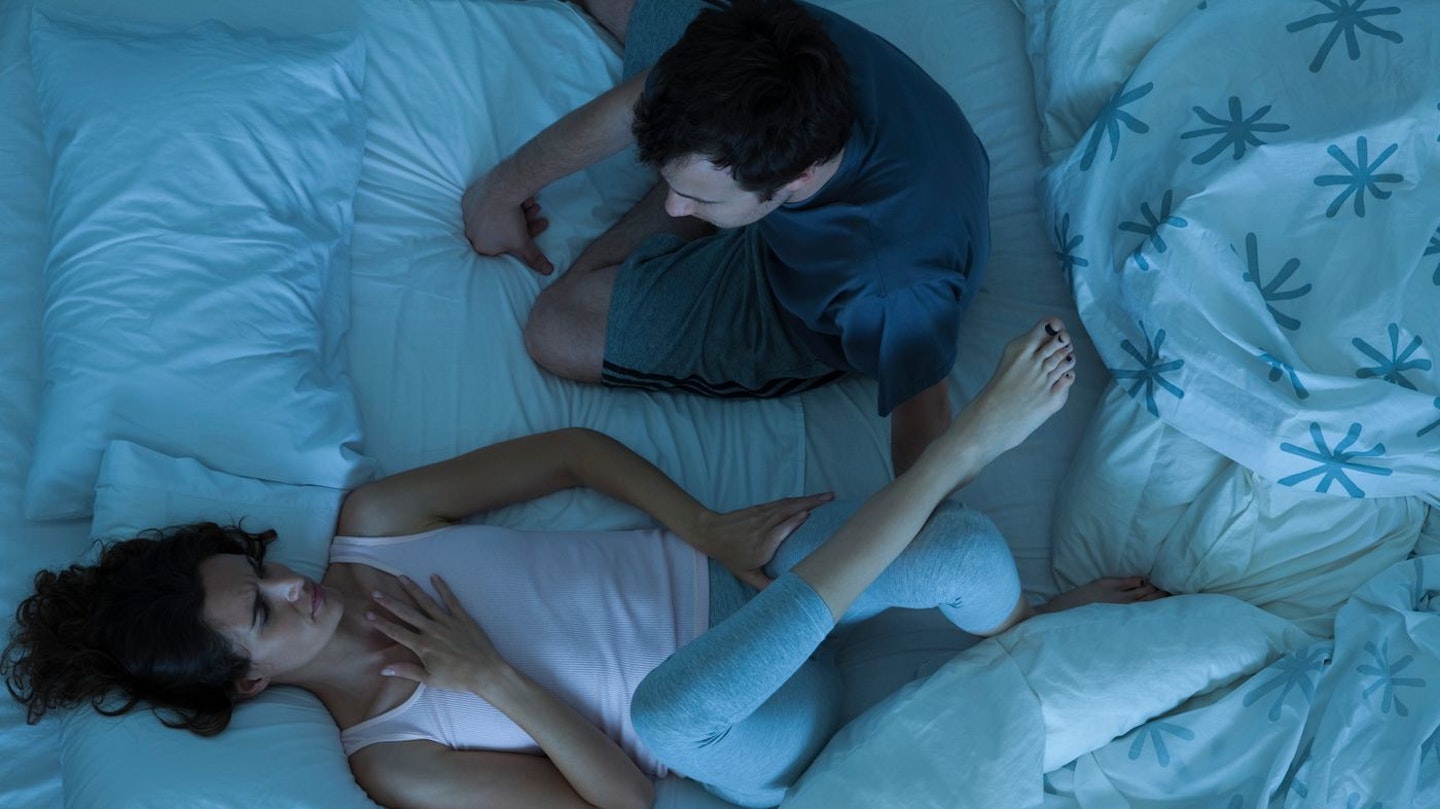 2 of 14
2 of 14I've Been With My Boyfriend For Four Months – Should I Go Into Quarantine With Him?
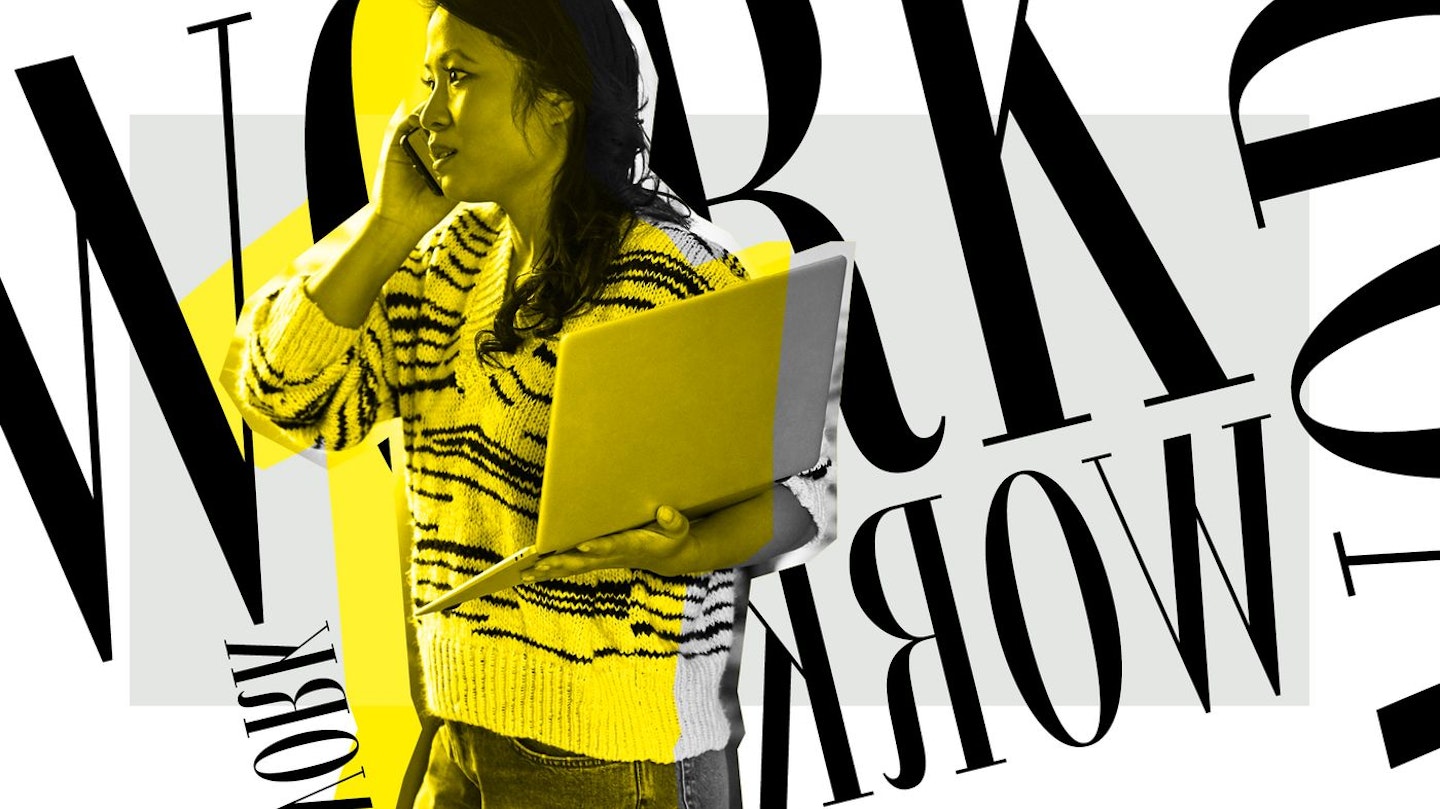 3 of 14
3 of 14Working From Home And MissIng Your Colleagues And Your Routine?
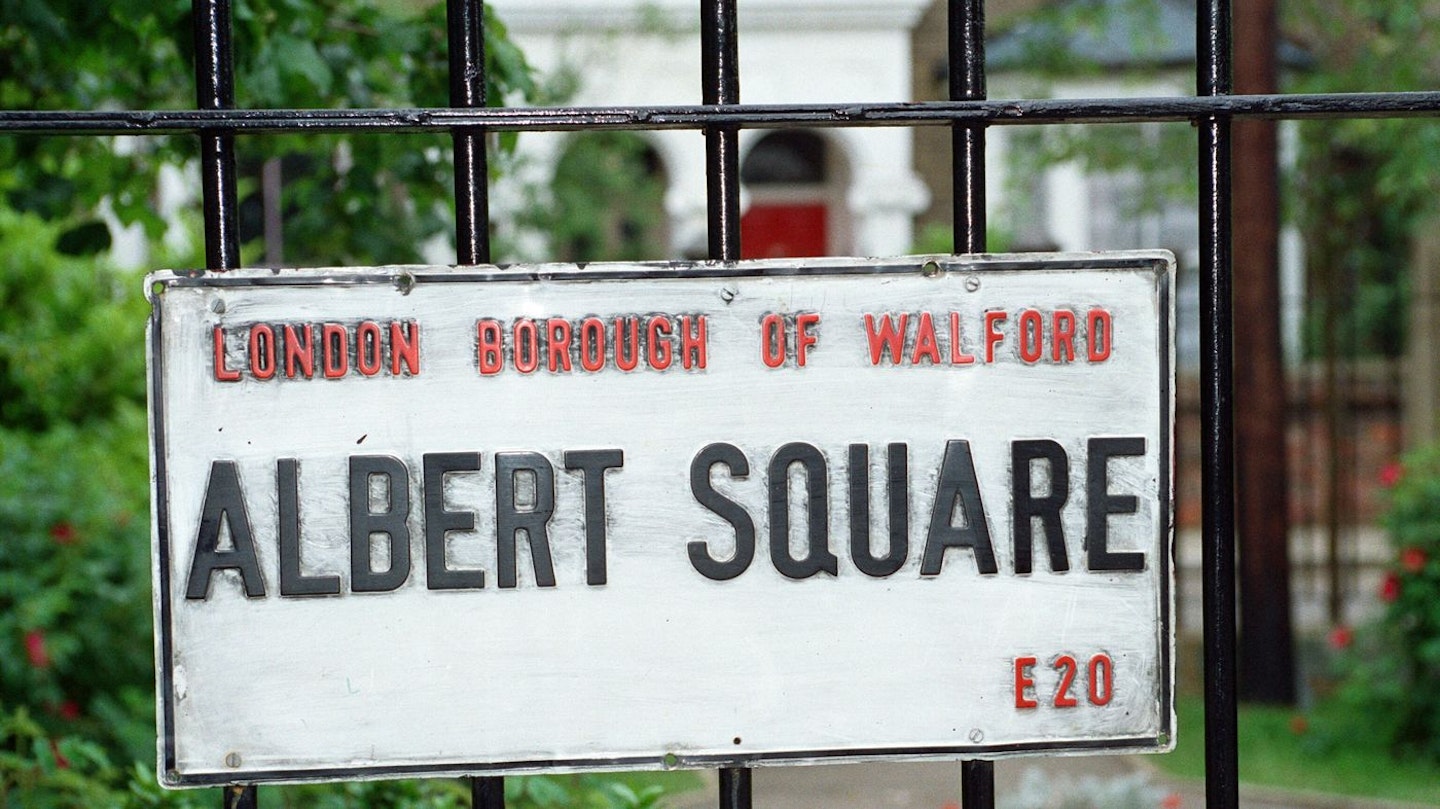 4 of 14
4 of 14From EastEnders To The Friends Reunion: Here's How Coronavirus Is Affecting Our TV Schedules
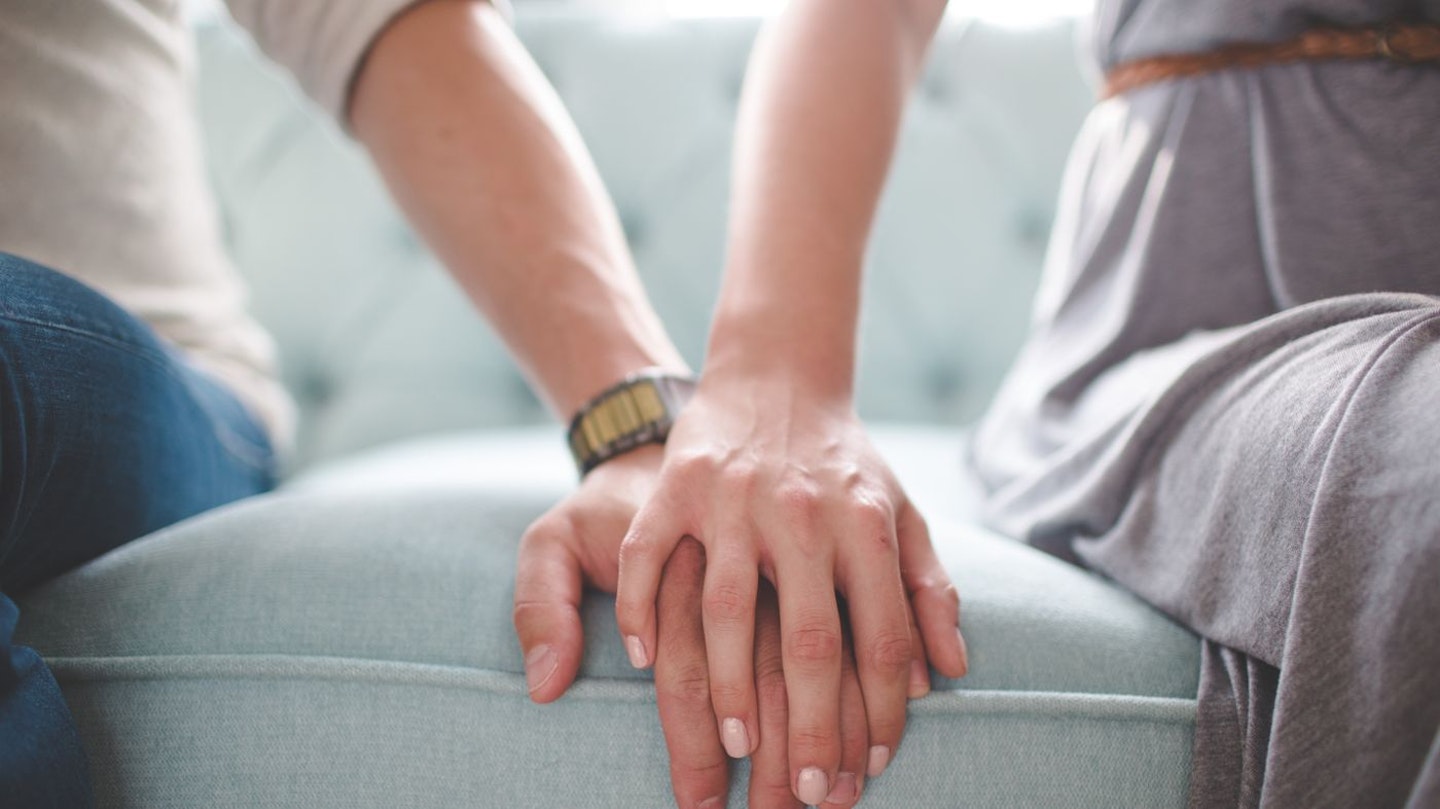 5 of 14
5 of 14Coronavirus: How To Survive Being Cooped Up As A Couple
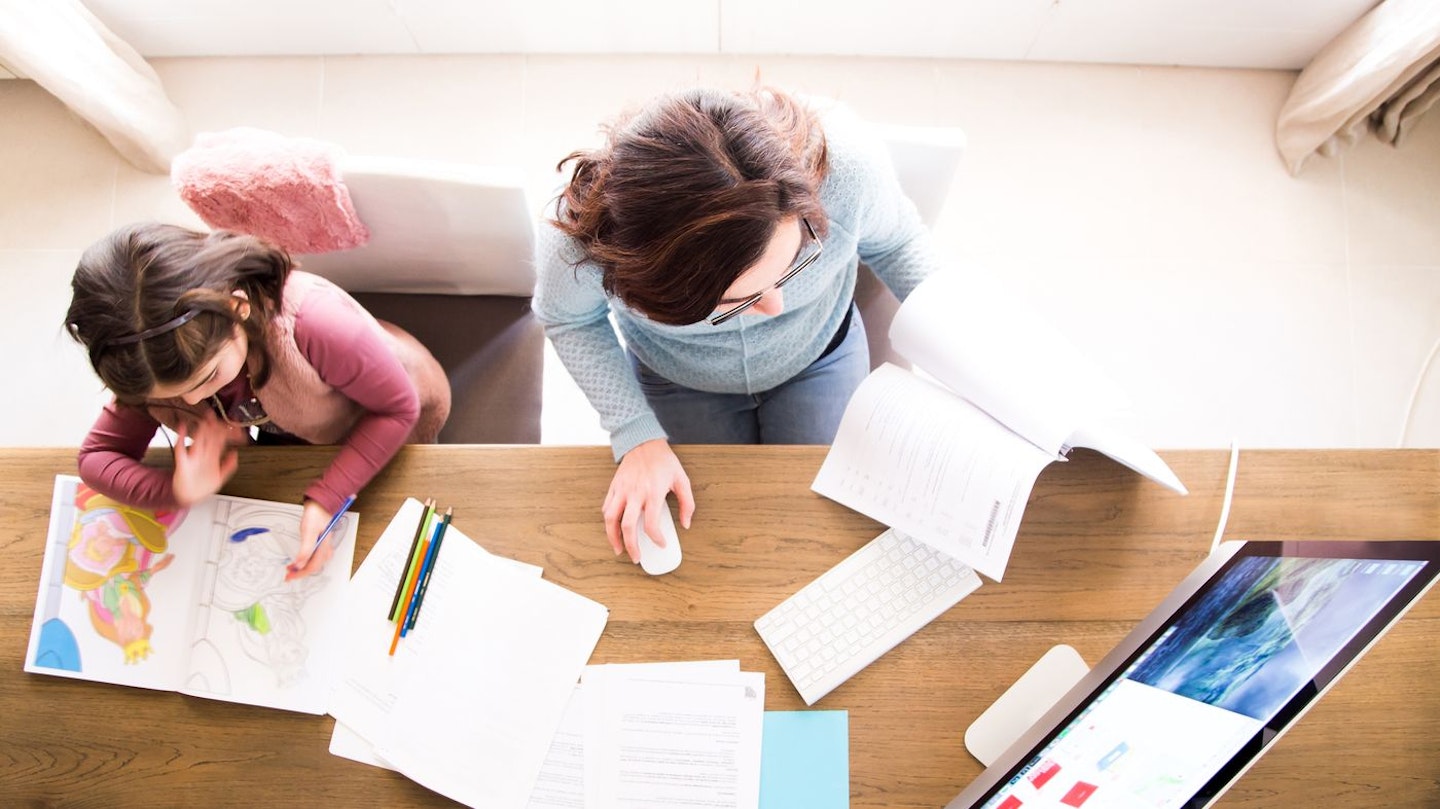 6 of 14
6 of 14Coronavirus And Parenting: The Importance Of Structure, Honesty And More TV Than Usual
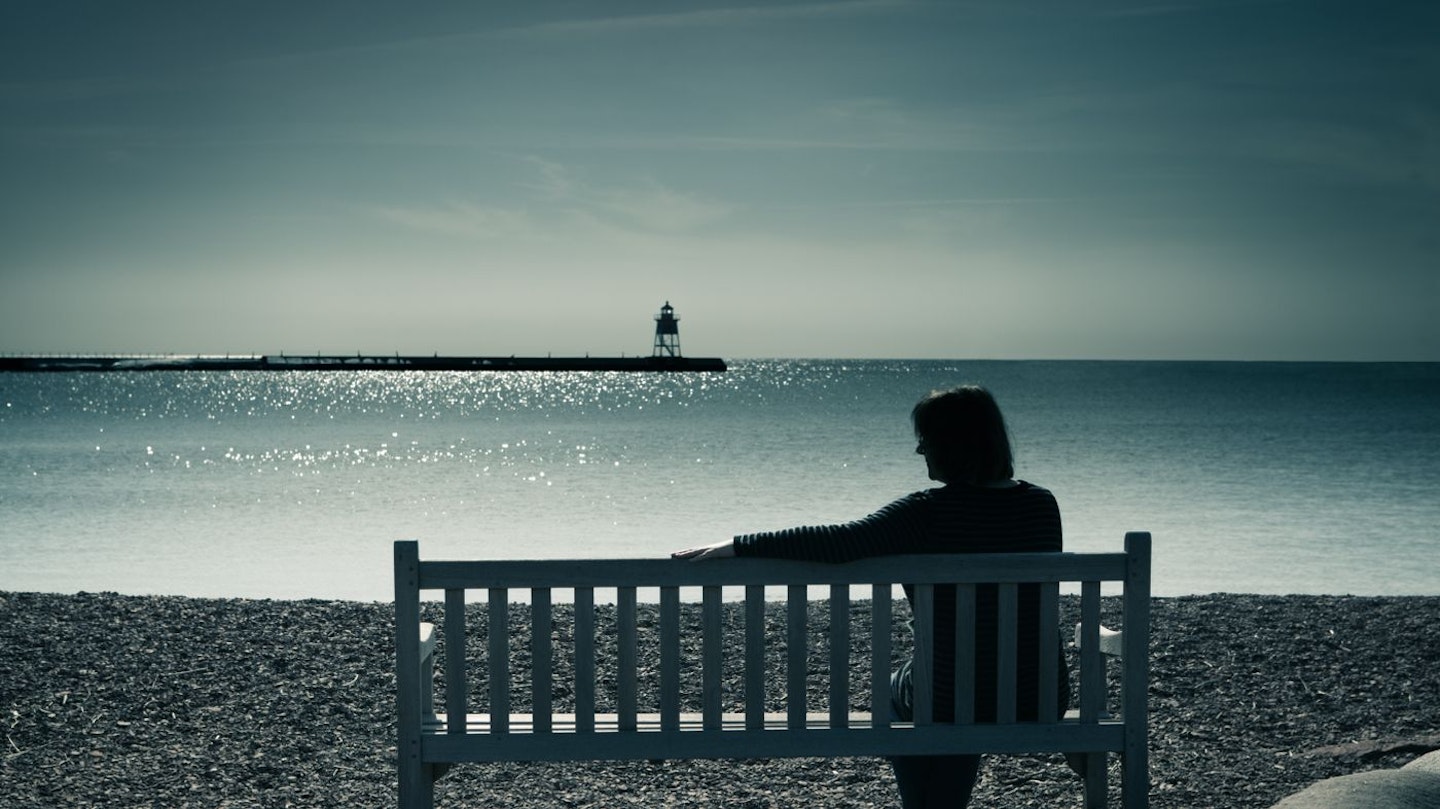 7 of 14
7 of 14How Coronavirus Is Changing My Relationship With My Mum, And My Daughter
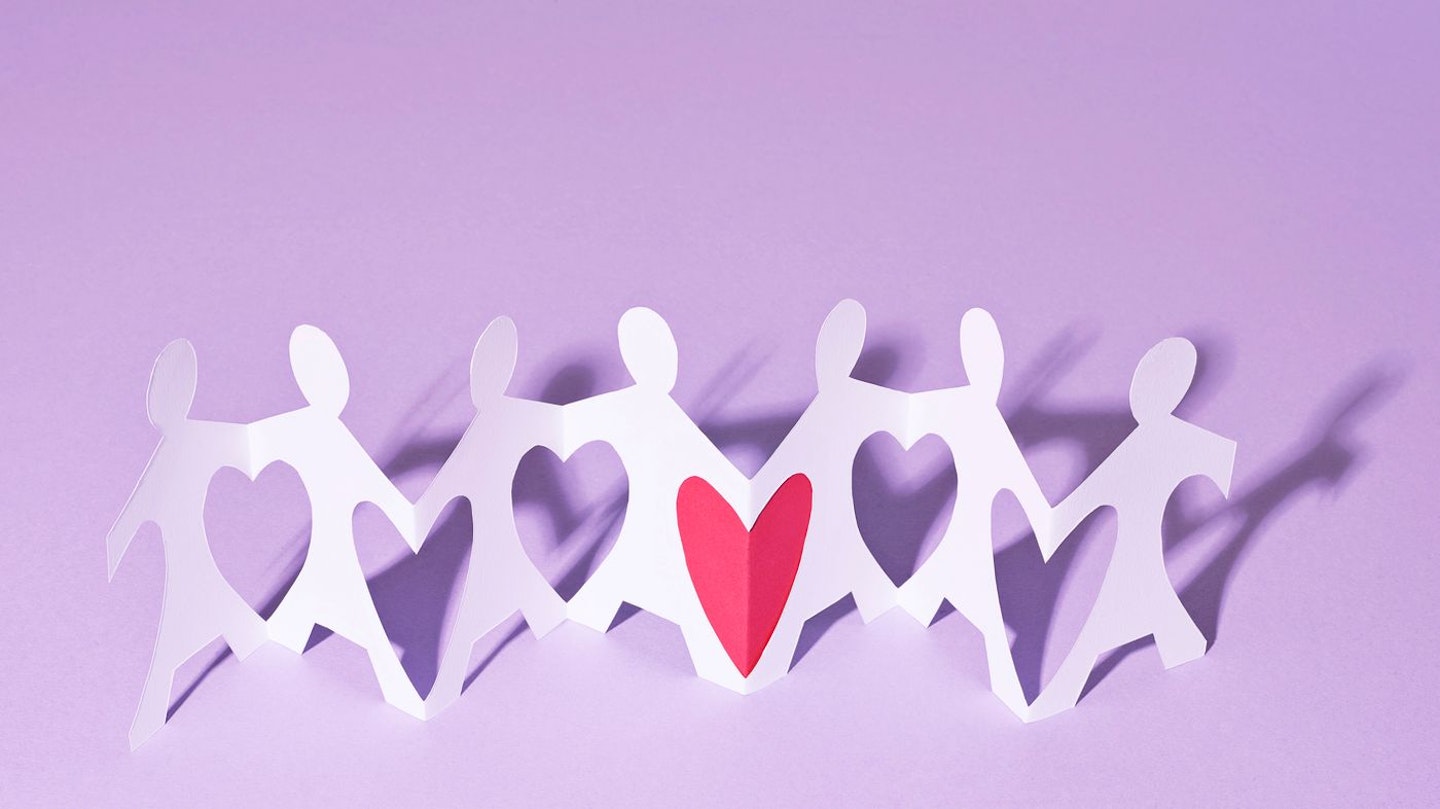 8 of 14
8 of 14Coronavirus: How To Help The Most Vulnerable Women In Society
 9 of 14
9 of 14Coronavirus: The Reality of Cancelling A Dream Italian Wedding
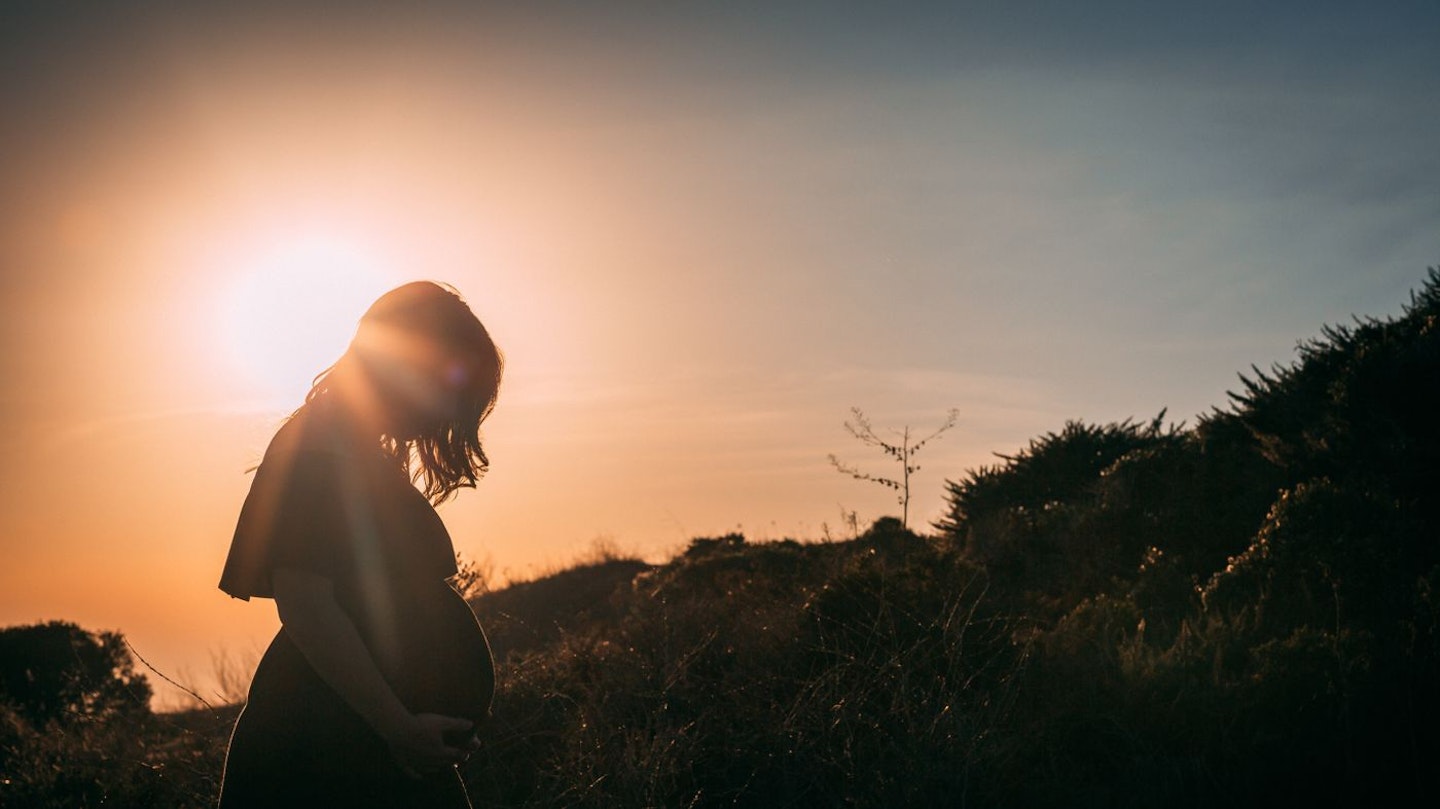 10 of 14
10 of 14‘I Just Have To Hope The Baby's Doing OK’: How It Feels To Be Pregnant Or Trying To Conceive During Coronavirus
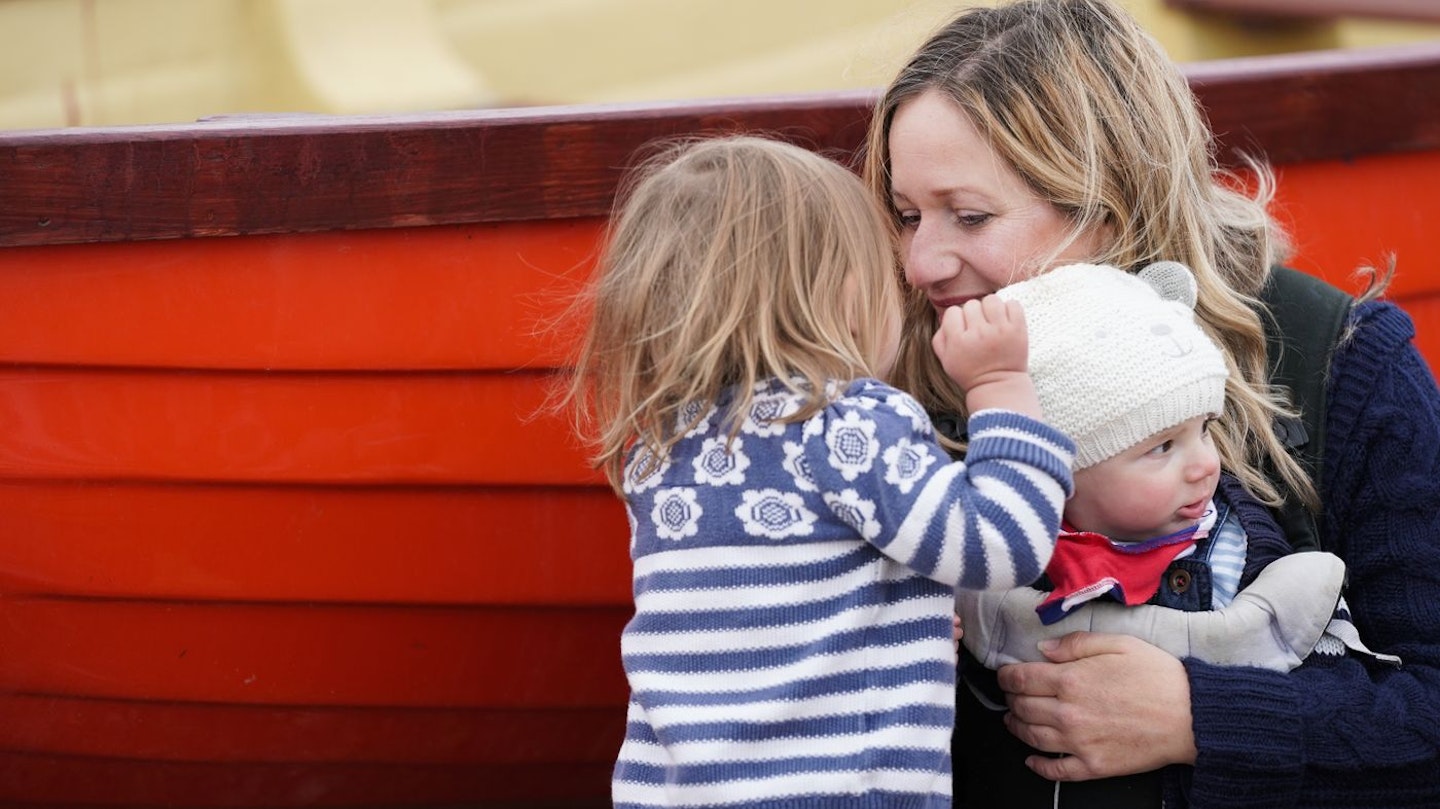 11 of 14
11 of 14Coronavirus: As A Solo Parent During A Pandemic, My Back-Up Plans Have Been Shaken
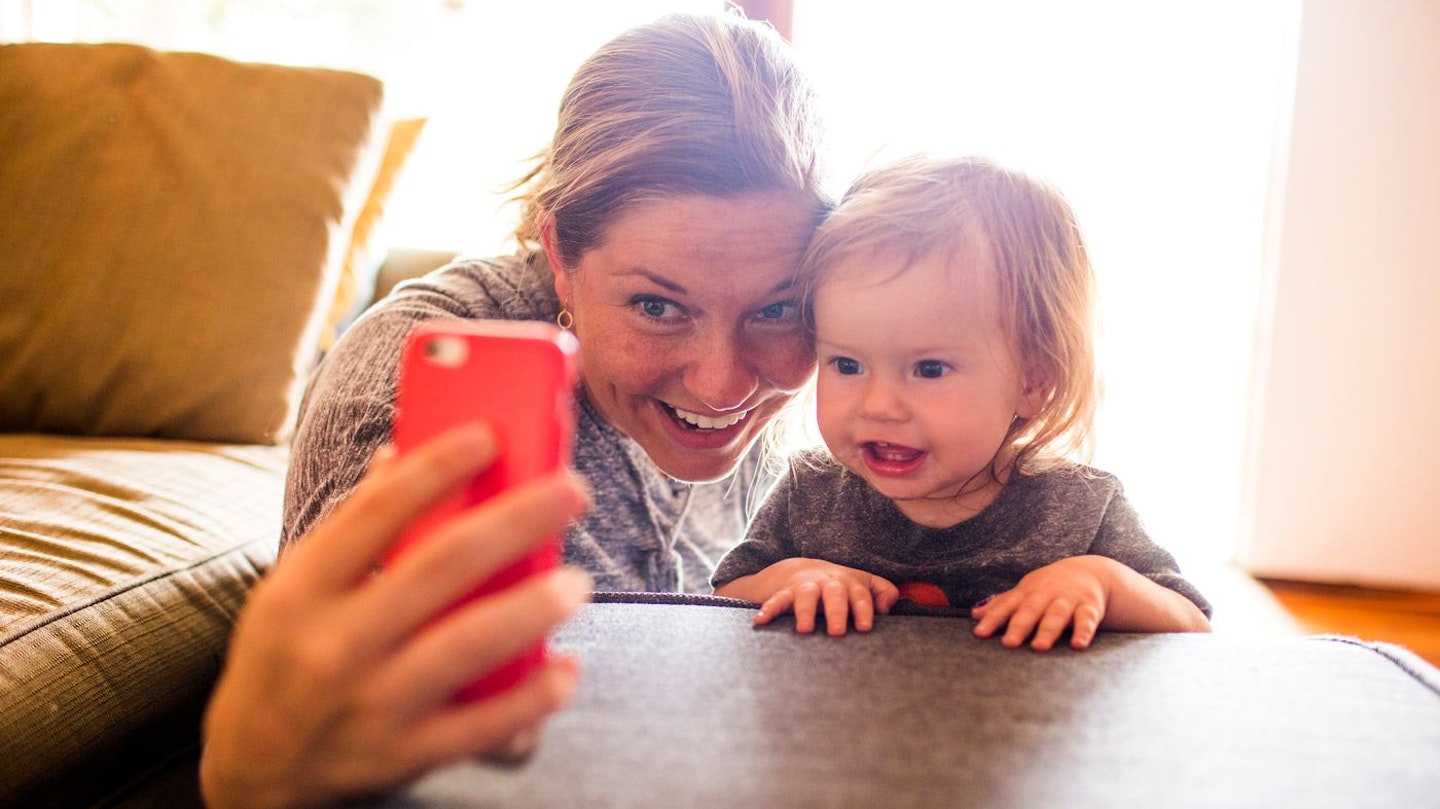 12 of 14
12 of 14Coronavirus: How Can We Celebrate Mother’s Day While Being Socially Responsible?
 13 of 14
13 of 14Coronavirus In Italy: What It's Like Living In Lockdown
 14 of 14
14 of 14